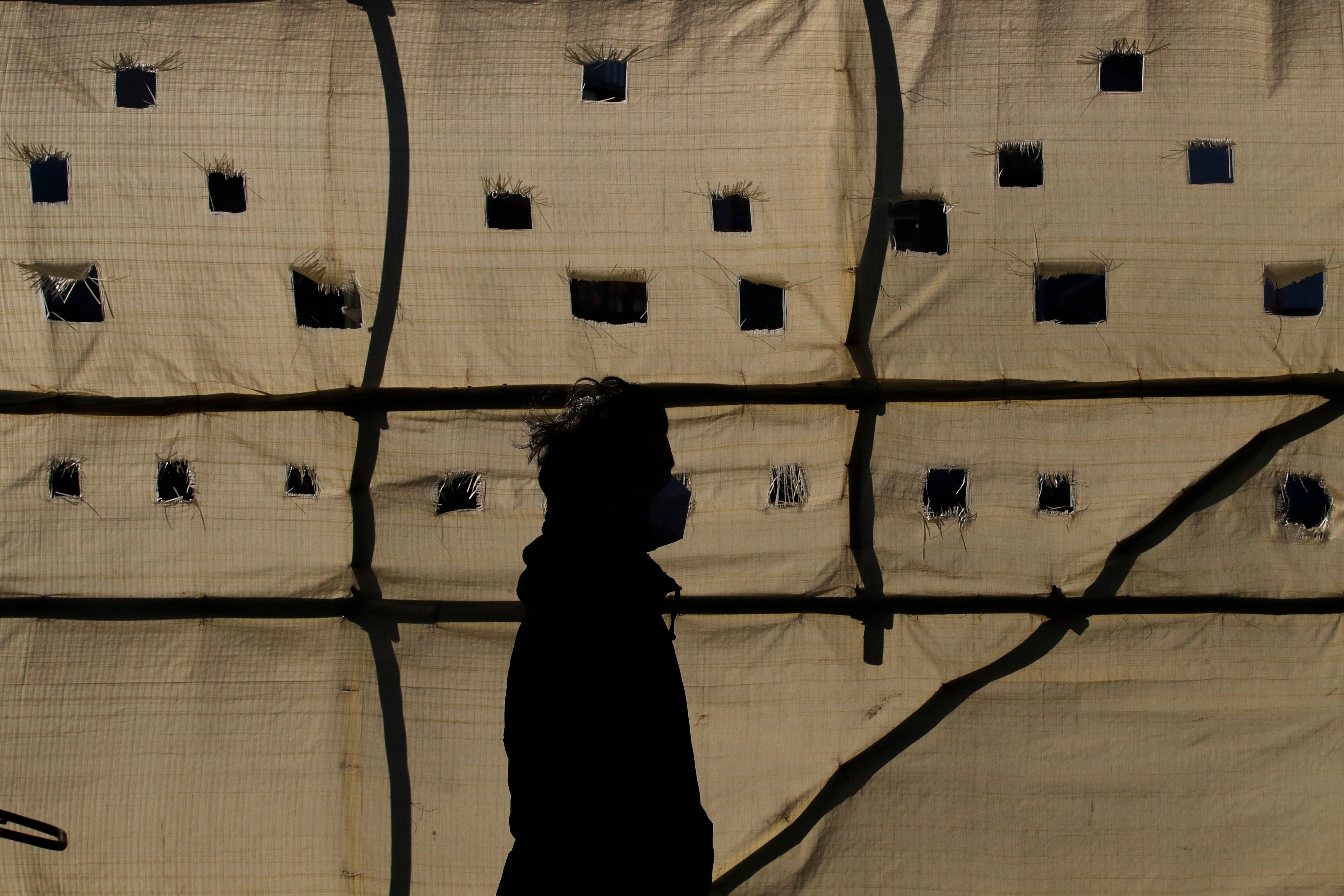Asia Today: S. Korea marks deadliest day, over 1,000 cases
South Korea has added more than 1,000 infections to its coronavirus caseload for the second straight day amid growing fears that the virus is spreading out of control in the greater capital area

Your support helps us to tell the story
From reproductive rights to climate change to Big Tech, The Independent is on the ground when the story is developing. Whether it's investigating the financials of Elon Musk's pro-Trump PAC or producing our latest documentary, 'The A Word', which shines a light on the American women fighting for reproductive rights, we know how important it is to parse out the facts from the messaging.
At such a critical moment in US history, we need reporters on the ground. Your donation allows us to keep sending journalists to speak to both sides of the story.
The Independent is trusted by Americans across the entire political spectrum. And unlike many other quality news outlets, we choose not to lock Americans out of our reporting and analysis with paywalls. We believe quality journalism should be available to everyone, paid for by those who can afford it.
Your support makes all the difference.South Korea has added more than 1,000 infections to its coronavirus caseload for the second straight day amid growing fears that the virus is spreading out of control in the greater capital area.
The Korea Disease Control and Prevention Agency on Thursday said the COVID-19 death toll was now at 634 after 22 patients died in the past 24 hours, the deadliest day since the emergence of the pandemic. Among 12,209 active patients, 242 are in serious or critical condition.
Nearly 800 of the 1,014 new cases were reported from the densely populated Seoul metropolitan area, where health officials have raised alarm about a looming shortage in hospital capacities. Thursday marked the 40th consecutive day of triple digit daily jumps, which brought the national caseload to 46,453.
The viral resurgence came after months of pandemic fatigue, complacency and government efforts to breathe life into a sluggish economy.
Officials are now mulling whether to raise social distancing restriction to maximum levels, which could possibly include bans on gatherings of more than 10 people, shutting tens of thousands of businesses deemed non-essential and requiring companies to have more employees work from home.
Elsewhere in the Asia-Pacific region:
— New Zealand's Prime Minister Jacinda Ardern has told The Associated Press that her country's successful drive to eliminate the coronavirus was driven as much by fear as it was ambition. She said the target grew from an early realization the nation’s health system simply couldn’t cope with a big outbreak. She also criticized President Donald Trump for misrepresenting the situation in New Zealand in August when a handful of unexplained cases began cropping up, saying “It’s over for New Zealand. Everything’s gone.” New Zealand’s response to the virus has been among the most successful. The country of 5 million has counted just 25 deaths and managed to stamp out the spread of COVID-19, allowing people to return to workplaces, schools and packed sports stadiums without restrictions. For the world to begin to return to normal, Ardern said there needs to be comprehensive work around ensuring that everybody can get vaccinated against COVID-19 and putting in place a vaccine certification process that would allow people to travel.
___
Follow AP’s coverage at https://apnews.com/hub/coronavirus-pandemic and https://apnews.com/UnderstandingtheOutbreak